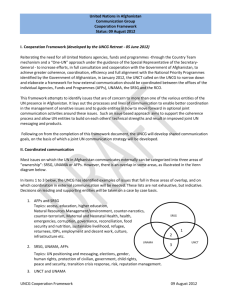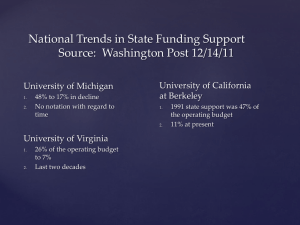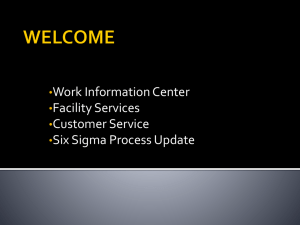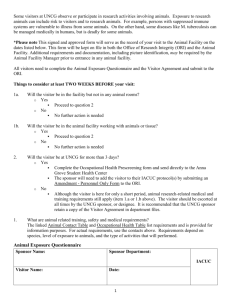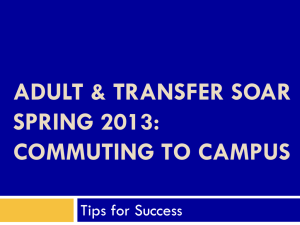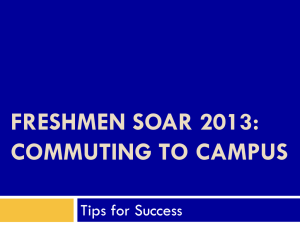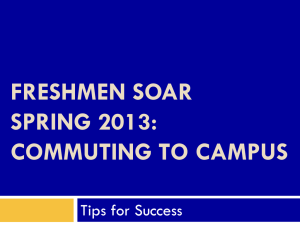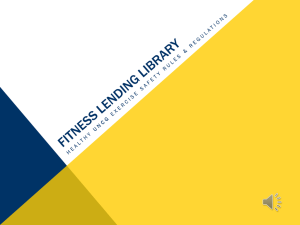Ghana
advertisement
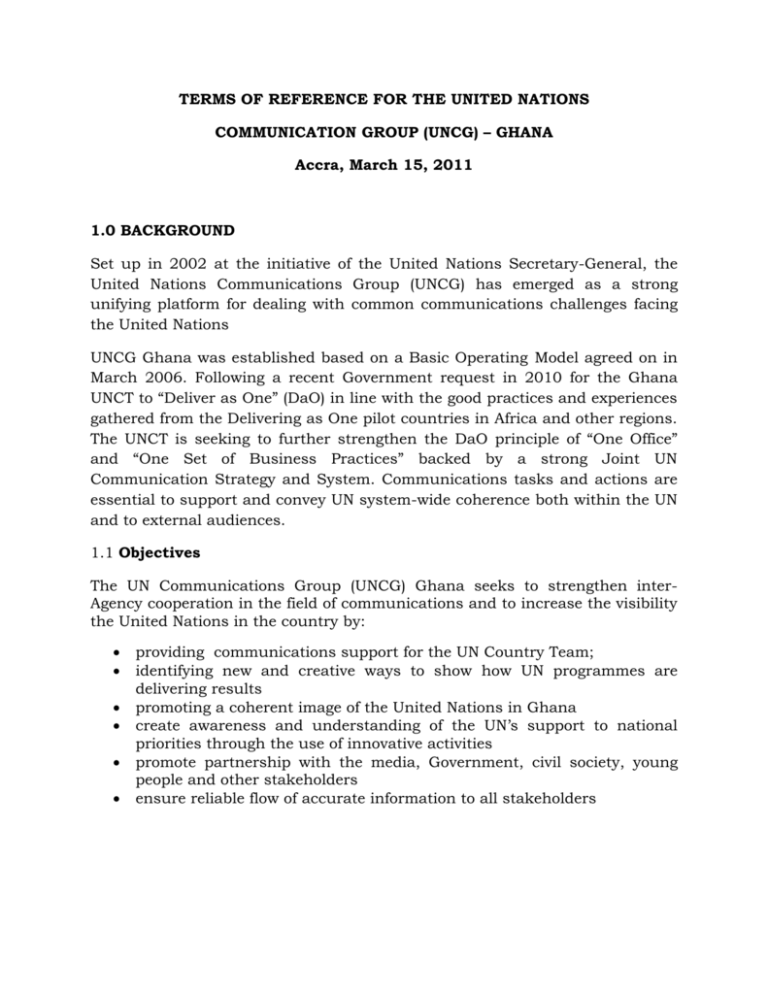
TERMS OF REFERENCE FOR THE UNITED NATIONS COMMUNICATION GROUP (UNCG) – GHANA Accra, March 15, 2011 1.0 BACKGROUND Set up in 2002 at the initiative of the United Nations Secretary-General, the United Nations Communications Group (UNCG) has emerged as a strong unifying platform for dealing with common communications challenges facing the United Nations UNCG Ghana was established based on a Basic Operating Model agreed on in March 2006. Following a recent Government request in 2010 for the Ghana UNCT to “Deliver as One” (DaO) in line with the good practices and experiences gathered from the Delivering as One pilot countries in Africa and other regions. The UNCT is seeking to further strengthen the DaO principle of “One Office” and “One Set of Business Practices” backed by a strong Joint UN Communication Strategy and System. Communications tasks and actions are essential to support and convey UN system-wide coherence both within the UN and to external audiences. 1.1 Objectives The UN Communications Group (UNCG) Ghana seeks to strengthen interAgency cooperation in the field of communications and to increase the visibility the United Nations in the country by: providing communications support for the UN Country Team; identifying new and creative ways to show how UN programmes are delivering results promoting a coherent image of the United Nations in Ghana create awareness and understanding of the UN’s support to national priorities through the use of innovative activities promote partnership with the media, Government, civil society, young people and other stakeholders ensure reliable flow of accurate information to all stakeholders 2.0 MANAGEMENT FRAMEWORK For a successful and sustainable communication system, that would be transparent, accountable and would employ a consensual approach to its operations, the following structure and management framework needs to be established and/or strengthened: UN Country Team (UNCT). The UNCT role to provide strategic direction and decision-making in the implementation of joint communications. The UNCT is the process owner responsible and accountable for the entire process, from initial inputs to final outcomes. Task Forces: In line with the “Division of Labor” principle, key results of the UNCG annual work plan should be assigned to Task Forces comprising two or more agencies whenever necessary. Specific results requiring a Task Force need to be identified at the beginning of the year and the agencies comprising the Task Force need to be identified in the responsible parties column of the work plan. Task Force members remain responsible throughout the year/duration of the work plan unless they have achieved their planned results prior to the end of the year. They are collectively responsible for achieving their results and need to report back regularly to the Chair and the full UNCG. External consultancies: Any consultancies proposed by the UNCG to achieve results under the annual work plan need to be brought to the attention of the RC Office, especially when RCO funding is expected to contribute to funding the consultancy. 1. QUORUM: The minimum quorum for holding meetings is to get participation from at least six agencies. All decisions will be made on a consensus basis and those that cannot be taken by the UNCG will be referred to the UNCT. 3.0 COMPOSITION AND ACCOUNTABILITY FRAMEWORK The UNCG-Ghana is composed of Communication/Information/Advocacy Officers or information focal persons of 14 United Nations agencies in Ghana. The Group deals with common communication tasks of the UN System in the country. The group is mandated to explore means for increasing internal and external communications to support greater coherence and effectiveness in country operations. Among other responsibilities, the group is tasked with determining the ways and means of communicating for development. Responsibilities of the Communication Focal Persons UNCG focal person is responsible for: i. Ensuring coherence within the individual agency vis a vis the operations of the group ii. Ensuring inclusion of activities of UNCG FP into his/her individual the annual work planning of individual agencies for purposes of mobilising funds iii. Ensuring the implementation of the UNCG annual work plan iv. Monitoring the implementation of the UNCG work plans UNCG Chairperson The substantive chair of UNCG Ghana is the Resident Co-ordinator. For purposes of commitment and complementarity, chairmanship of the UNCG will be rotated among the UN agencies on an annual basis. Responsibilities of the Chairperson The Substantive chair is responsible for: i. Implementing the rotational chair agenda. ii. Mobilising funds for UNCG activities iii. Liaising with HoAs and RC Office in the framework of delivery as One UN iv. Monitoring the participation of individual members and providing feedback to individual HoAs UNCG Secretariat UNIC Accra is the national Secretariat for the UNCG. Nonetheless, there will be a UNCG focal person in the RC Office who will support the Chair and UNCG members with guidance and examples from other countries. The RCO focal point will also serve as an inter-face between UNCG, the RC and the UNDG, in particular UN DOCO. Responsibilities of the Secretariat The secretariat is responsible for: i. ii. iii. iv. Maintaining communication channels among members; Collating meeting agenda items on an on-going basis; Preparing UNCG minutes of retreats and meetings; Supporting the organization and media coverage of joint UN and agencyspecific events Reporting UNCG-Ghana reports to the Resident Coordinator. An annual review and evaluation of the Group’s activities is conducted and this forms the basis of an annual progress report. The report is then shared with UN HoAs in the country and forwarded to the UNCG secretariat at UN Headquarters for sharing with all UNCG members and for posting on the UNCG global website UNIC Accra (the secretariat), under the guidance of the chair shall provide a concise Summary of Action Points of each meeting, limited to decisions and action points, and highlighting any issues preventing the achievement of the annual work plan, with copy to the UNCT. 4.0 FINANCIAL REQUIREMENTS AND LOGISTICAL SUPPORT RC funds are used as seed funds for UN communication activities. In addition, agencies are asked to contribute to joint activities under the UNCG work plan as required, including DSA for agency participants to workshops, trainings and other events. In addition to RC funds and agency cost-sharing, the RC will look for opportunities to raise additional funds from other sources.
